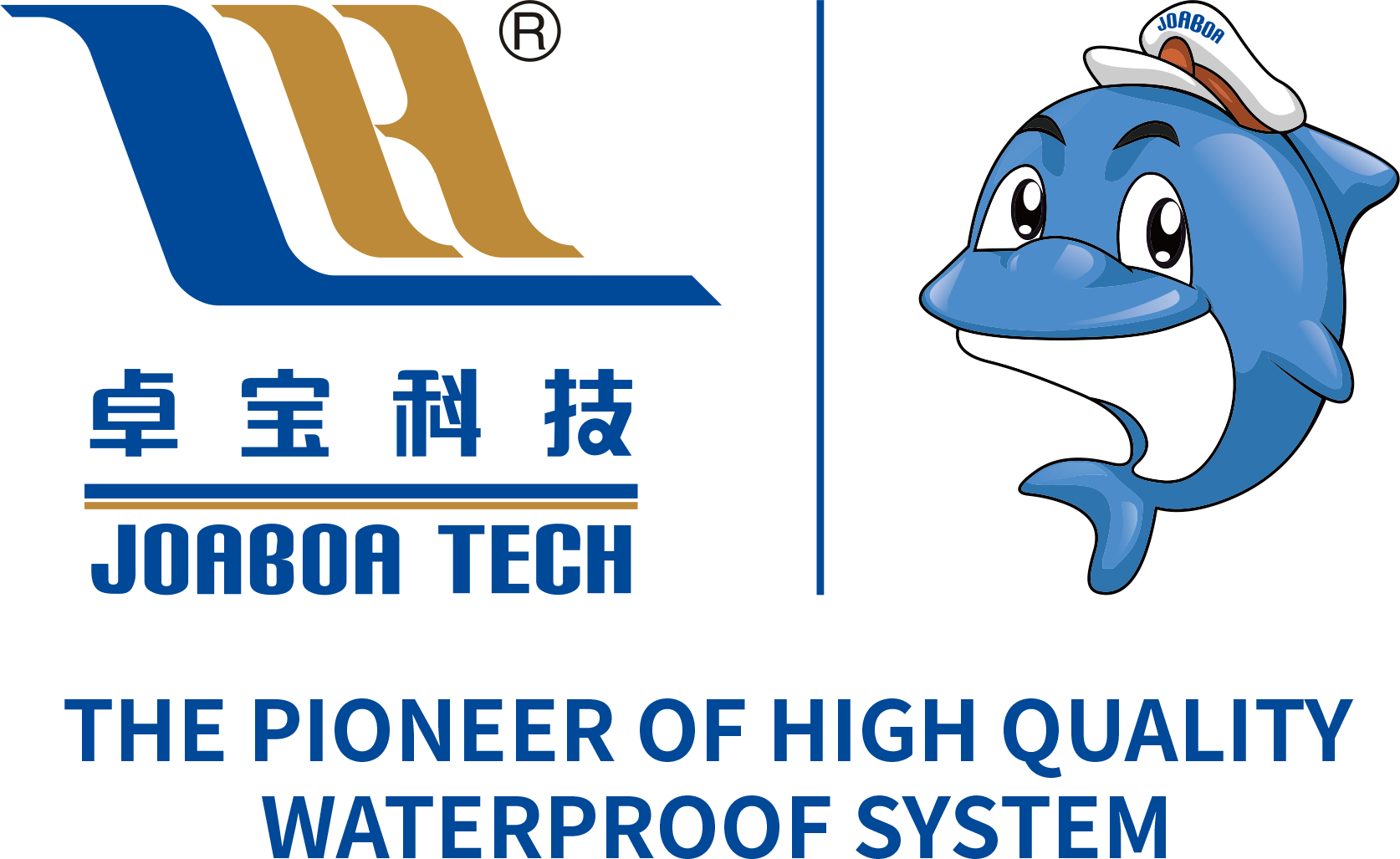Why Choose Modified Bitumen for Your Waterproofing Needs: A Comprehensive Guide
2025-05-06 14:20
Why Choose Modified Bitumen for Your Waterproofing Needs?
Waterproofing is a critical aspect of building construction and maintenance that ensures the longevity and integrity of any structure. Among the various materials available, modified bitumen has emerged as a leading choice for waterproofing applications. In this article, we will delve into the unique benefits of modified bitumen, helping you understand why it is an excellent option for your waterproofing needs.
What is Modified Bitumen?
Modified bitumen is a type of roofing and waterproofing material derived from asphalt. It is created by adding modifiers, such as rubber or plastic, to traditional bitumen, enhancing its performance characteristics. This modification results in a material that is not only more flexible but also more resistant to UV radiation, tears, and extreme weather conditions.
The Composition of Modified Bitumen
Modified bitumen typically consists of:
- **Base Asphalt:** The primary material that provides waterproofing properties.
- **Modifiers:** These can be polymer-based (like APP or SBS) to enhance elasticity and temperature resistance.
- **Reinforcement Fabrics:** Often included for added strength and durability.
This unique combination creates a highly versatile product that meets various waterproofing needs.
Key Advantages of Modified Bitumen
When considering waterproofing options, several advantages make modified bitumen stand out:
1. Exceptional Durability
Modified bitumen’s enhanced durability allows it to withstand a wide range of environmental conditions. The additives used in its composition enhance its resistance to cracking, splitting, and other forms of damage that can occur over time. This durability translates into a longer lifespan for your waterproofing system, ultimately saving you money on repairs and replacements.
2. Flexible Performance
One of the standout features of modified bitumen is its flexibility. It can adapt to temperature fluctuations and structural movements without losing its integrity. This flexibility is particularly important in climates with extreme weather conditions, where materials are subjected to expansion and contraction.
3. UV Resistance
Modified bitumen membranes are designed to withstand the damaging effects of UV rays. Unlike traditional asphalt, which can degrade under constant sun exposure, modified bitumen retains its integrity, preventing premature aging and ensuring long-lasting performance.
4. Easy Installation
Installation of modified bitumen is relatively straightforward, making it a favored choice among contractors. It can be applied using various methods, including torch-down, cold adhesive, or self-adhering techniques. This versatility simplifies the installation process and reduces labor costs.
5. Cost-Effectiveness
Although the initial investment in modified bitumen may be higher than some alternatives, its longevity and reduced maintenance costs make it a cost-effective solution in the long run. The durability ensures fewer repairs and replacements, providing excellent value over time.
Applications of Modified Bitumen
Modified bitumen is versatile and can be employed in various applications, including:
1. Commercial Roofing
Many commercial buildings utilize modified bitumen due to its durability and resistance to heavy foot traffic, making it suitable for flat and low-slope roofs.
2. Residential Roofing
Homeowners increasingly prefer modified bitumen for residential roofs, as it offers a reliable waterproofing solution that complements various architectural styles.
3. Foundation Waterproofing
Modified bitumen is also effective for foundation waterproofing. Its flexibility and adhesive properties make it suitable for preventing water intrusion in basements and crawl spaces.
4. Below-Grade Applications
In addition to roofing, modified bitumen can be used in below-grade applications, providing a reliable barrier against moisture in structures built into the ground.
Installation Techniques for Modified Bitumen
The correct installation method plays a crucial role in the effectiveness of modified bitumen. Here are the primary techniques used:
1. Torch-Down Method
This method involves using a propane torch to heat and melt the underlayer of the modified bitumen membrane, allowing it to adhere to the substrate. It provides a strong bond and is often used in commercial applications.
2. Cold Adhesive Application
Cold adhesive methods utilize a specially formulated glue to bond the modified bitumen to the surface. This technique is safer and more environmentally friendly, as it eliminates the need for open flames.
3. Self-Adhering Membranes
Self-adhering membranes are manufactured with an adhesive backing that bonds to the substrate upon contact. This installation method is quick and reduces labor costs significantly.
Maintenance and Care for Modified Bitumen Systems
While modified bitumen systems are designed for durability, regular maintenance is essential to ensure optimal performance. Here are some tips for maintaining your modified bitumen waterproofing:
1. Regular Inspections
Conduct routine inspections of your roof or waterproofed area at least twice a year or after severe weather events. Look for signs of damage, such as cracks or peeling, and address them promptly.
2. Cleaning Debris
Remove debris, such as leaves and branches, from the surface to prevent water pooling, which can lead to leaks. Regular cleaning helps maintain the integrity of the modified bitumen.
3. Prompt Repairs
If you notice any damage during inspections, address it immediately. Small issues can quickly escalate if left unattended, leading to more extensive and costly repairs.
Environmental Considerations of Modified Bitumen
As sustainability becomes increasingly important in construction, modified bitumen is gaining recognition for its environmental advantages:
1. Recyclability
Modified bitumen can often be recycled, reducing waste in landfills. This feature aligns with eco-friendly construction practices, as many manufacturers offer recycling programs.
2. Energy Efficiency
Choosing light-colored modified bitumen membranes can enhance energy efficiency by reflecting sunlight, thereby reducing cooling costs for buildings.
Common Misconceptions About Modified Bitumen
Despite its advantages, there are some common misconceptions that may deter potential users:
1. It Can’t Handle Extreme Weather
Contrary to popular belief, modified bitumen is engineered to withstand extreme weather conditions, making it a reliable choice for various climates.
2. It’s Expensive to Install
While the upfront costs may be higher than some alternatives, the longevity and low maintenance requirements make modified bitumen a cost-effective solution over time.
FAQs About Modified Bitumen
1. How long does modified bitumen last?
With proper installation and maintenance, modified bitumen can last 20 years or more, depending on environmental conditions and usage.
2. Is modified bitumen suitable for residential roofs?
Yes, modified bitumen is an excellent choice for residential roofs, particularly flat or low-slope designs, due to its waterproofing properties.
3. Can modified bitumen be recycled?
Yes, modified bitumen can often be recycled, making it an environmentally friendly option.
4. What are the differences between APP and SBS modified bitumen?
APP (Atactic Polypropylene) offers higher UV resistance and is more rigid, while SBS (Styrene-Butadiene-Styrene) is more flexible and adaptable to temperature changes.
5. How do I choose the right modified bitumen for my project?
Consider factors such as climate, building structure, and specific needs when selecting modified bitumen. Consulting with a professional is recommended for tailored advice.
Conclusion
In summary, modified bitumen presents a compelling solution for waterproofing needs, offering exceptional durability, flexibility, and ease of installation. Its ability to withstand extreme weather conditions, combined with cost-effectiveness and environmental considerations, make it a top choice for both commercial and residential applications. By understanding the advantages and proper maintenance of modified bitumen, you can ensure your waterproofing systems remain effective and reliable for years to come. Choose modified bitumen, and protect your investment with a robust waterproofing solution.
Related News









